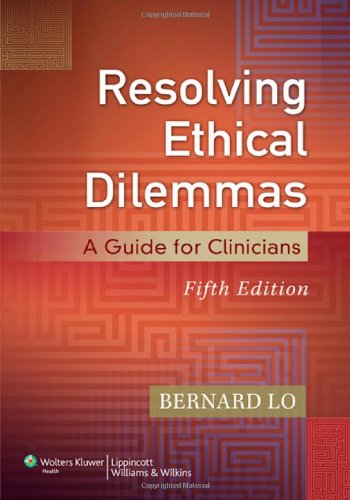

Most ebook files are in PDF format, so you can easily read them using various software such as Foxit Reader or directly on the Google Chrome browser.
Some ebook files are released by publishers in other formats such as .awz, .mobi, .epub, .fb2, etc. You may need to install specific software to read these formats on mobile/PC, such as Calibre.
Please read the tutorial at this link: https://ebookbell.com/faq
We offer FREE conversion to the popular formats you request; however, this may take some time. Therefore, right after payment, please email us, and we will try to provide the service as quickly as possible.
For some exceptional file formats or broken links (if any), please refrain from opening any disputes. Instead, email us first, and we will try to assist within a maximum of 6 hours.
EbookBell Team

0.0
0 reviewsResolving Ethical Dilemmas: A Guide for Clinicians, Fifth Edition
Now in its Fifth Edition, this respected reference helps readers tackle the common and often challenging ethical issues that affect patient care. The book begins with a concise discussion of clinical ethics that provides the background information essential to understanding key ethical issues. Readers then explore a wide range of real-world ethical dilemmas, each accompanied by expert guidance on salient issues and how to approach them. The book’s two-color design improves retention of material for visual learners. An accompanying website lets readers access the full text, along with features designed to reinforce understanding and test knowledge.
New to the Fifth Edition:
This edition includes new discussions of ethical issues as they relate to clinical practice guidelines and evidence-based medicine, electronic medical records, genetic testing, and opioid prescription. The book also includes an increased focus on ethical issues in ambulatory care. Readers will also find more detailed analysis of cases, more examples of ethical reasoning, more highlight pages relating clinical ethics to emergency medicine, oncology, palliative care, and family medicine. Also new are discussions of quality improvement and use of advance care planning rather than advance directives.